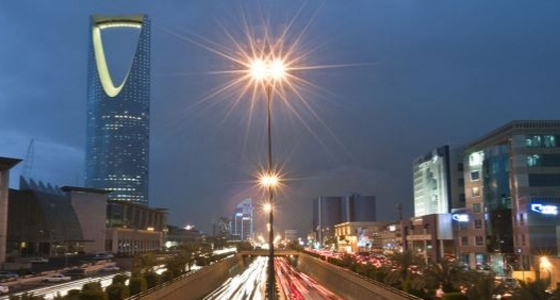Strong domestic demand and the desire to conserve oil resources for export are driving reform in Saudi Arabia’s power sector.
Under the National Transformation Plan (NTP) unveiled in June, the country plans to step up investment in the utilities sector over the next five years, with production of natural gas to be ramped up and generation capacity to be broadened.
Outlook for energy needs
In February Abdullah Al Hussayen, minister of water and electricity, told an industry conference that the Kingdom would need SR500bn ($133.3bn) in investment through to 2026 in order to meet increasing power demand.
Indeed, according to a February announcement made by Prince Sultan bin Salman bin Abdulaziz Al Saud, chairman of the Council of Economic and Development Affairs, Saudi Arabia’s energy consumption is expected to increase by between 4% and 5% per year over the next few years, with demand doubling by 2030 unless measures to enhance efficiency are implemented.
Call for more gas
Increasing domestic natural gas production is one step being taken to diversify and expand Saudi Arabia’s generation capacity.
Khalid Al Falih, minister of energy, industry and mineral resources, announced at a June news conference that gas is expected to be the main energy source for the Kingdom’s power generation, lifting its contribution to the energy mix from 50% at present to 70% by 2020, and even importing what cannot be locally produced.
Under the targets set in the NTP, gas output is expected to rise by nearly 50%, from 340m to 504m cu meters per day by 2020. By contrast, oil production capacity is set to remain static at 12.5m bpd.
Higher gas production should help reduce domestic demand for oil – which has risen due to a combination of population growth and increased construction – freeing up more crude for the export market and boosting foreign exchange earnings.
About 25% of Saudi crude is currently consumed domestically, and according to Al Falih, if this trend continues, domestic demand could reach 8.2m bpd by 2030.
Broadening the generation base
While natural gas is a cornerstone of the Kingdom’s energy plans, the NTP also foresees a shift towards more renewable and nuclear energy for generation.
Some 3450 MW of installed renewable energy capacity is expected by 2020, which will make up 4% of the total energy mix, compared to zero at present.
The government has also committed to continuing investment in renewable energy beyond 2020, announcing in April that 10% of the country’s power needs would be met by such sources by 2030.
Nuclear power is also likely to play a far greater role in meeting future power needs. While the NTP did not specifying a target amount or percentage, it set a goal to incorporate nuclear energy into the national power mix and called for a 30% local content contribution.
Saudi Arabia is planning to build 16 reactors over the course of two decades – the first of which is due to come on-line in 2022 – at an estimated cost of $80bn.
Subsidy reforms and restructuring to accompany investment
In addition to its ambitious investment plans, the Kingdom is taking steps to trim its state subsidy program and restructure key power sector assets.
Some feedstock tariffs were increased late last year, mainly affecting commercial users. Under the 2016 budget, the prices of domestic gas for power generation and ethane feedstock were both increased.
Gas prices rose from $0.75 to $1.25 per million British thermal units (Btu), while ethane more than doubled from $0.75 to $1.75 per million Btu.
The government has also committed to reviewing natural gas prices every six months in order to keep them in line with market pricing. While this policy will likely see fluctuations in input costs for electricity producers, it should allow them to set their own prices according to market conditions, rather than have rates mandated by the regulatory authority.
This new market-oriented approach to pricing will likely become even more significant given the Kingdom’s plans to privatize some or all of the state-owned generation assets. A proposal to break up state-owned utilities firm Saudi Electricity Company into four independent power-generation units and an independent transmission company by the end of the year is currently under review.
Oxford Business Group
5 October






















































